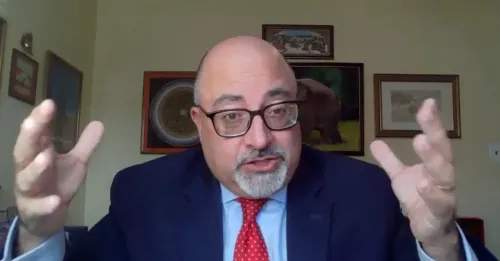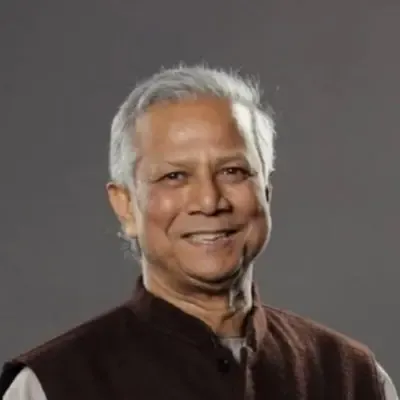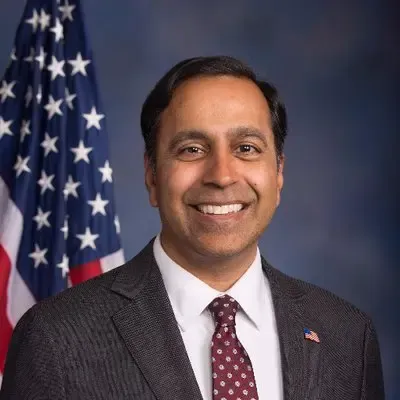IMF Leader Acknowledges Significant Advancements in Ethiopia's Economic Reforms

Synopsis
Key Takeaways
- Kristalina Georgieva praises Ethiopia's economic reforms.
- IMF's support includes a $3.4 billion financing program.
- Ethiopia aims for 8.4 percent economic growth in the 2024/2025 fiscal year.
- Focus on a private sector-led market economy.
- Social initiatives can transform lives through targeted spending.
Addis Ababa, Feb 10 (NationPress) The Managing Director of the International Monetary Fund (IMF), Kristalina Georgieva, commended Ethiopia for its substantial progress in the nation's homegrown economic reform initiative.
During her two-day official visit to Addis Ababa, which began on Saturday, Georgieva engaged with Ethiopian Prime Minister Abiy Ahmed, Minister of Finance Ahmed Shide, National Bank of Ethiopia Governor Mamo Mihretu, Minister of Planning and Development Fitsum Assefa, and other senior officials, as reported by Xinhua news agency.
In a social media update, she expressed, "It was wonderful to meet with the Ethiopian Prime Minister to discuss the country's remarkable economic performance. I observed the signs of a dynamic, private sector-led market economy in Addis Ababa, and I am thrilled that the IMF is an ally in supporting the government’s homegrown reform agenda."
After their meeting, Abiy emphasized that Ethiopia's macroeconomic reform strategy, bolstered by one of the IMF's largest financing programs, is rooted in a homegrown vision that outlines the nation's growth and development goals.
"We appreciate the ongoing technical and financial assistance from the IMF, along with your (Georgieva's) personal dedication and contributions to our economic reform efforts," Abiy stated in a social media post. "We have undertaken decisive, comprehensive, and historic measures to tackle long-standing macroeconomic challenges."
Abiy reported that the results of the reform program have been positive and promising thus far. He noted that the government's continuous efforts are focused on achieving macroeconomic stability, boosting growth, and enhancing citizens’ living standards, with the aim of establishing Ethiopia as a model of prosperity in Africa.
The IMF chief, who also conversed with Ethiopian business leaders, remarked that recent reforms are evidently improving the investment climate, encouraging Ethiopia to maintain momentum through an efficient and predictable tax and regulatory framework that will facilitate robust private-sector growth.
As per the Ethiopian Ministry of Finance, the high-level discussions concentrated on the nation’s ongoing economic reforms, the IMF's support, and future collaboration prospects to further the country’s economic agenda.
Georgieva also visited socio-economic development projects, including a women’s rehabilitation center and a boarding school for the blind in Addis Ababa. She remarked that such initiatives "demonstrate how well-targeted social spending can create opportunities and transform lives."
In July of last year, the IMF sanctioned a 48-month Extended Credit Facility (ECF) for Ethiopia, amounting to approximately $3.4 billion, to bolster the country’s Homegrown Economic Reform Agenda, aimed at rectifying macroeconomic imbalances, reinstating external debt sustainability, and laying groundwork for inclusive, private sector-driven growth.
The Homegrown Economic Reform is a strategic framework designed to position Ethiopia as the African icon of prosperity by 2030.
In October 2024, the Ethiopian government set an economic growth target of 8.4 percent for the current 2024/2025 fiscal year, buoyed by positive expectations across agricultural, manufacturing, mining, and other key economic sectors.
Ethiopia stands as the second-most populous nation in Africa, following Nigeria, with a population estimated at 126.5 million, according to the World Bank.










